Neuro-inclusivity in Higher Education

University life brings a newly found sense of independence and opens doors to exciting new career prospects. However, for autistic students, the journey through Higher Education (HE) presents unique challenges that can impact their success.
Under the Equality Act 2010, neurodivergent students have the right to reasonable adjustments to ensure they can achieve their full potential at University. However, only 21% of autistic students reported receiving the support they need despite having support plans in place, usually because their needs and adjustments are recurrently ignored and dismissed by university staff members.
As one of the groups that are at most risk of experiencing burnout and other mental health issues such as anxiety, depression, OCD, eating disorders, and more, having to “fight” for what is already your right adds an extra layer of pressure on an autistic student’s university life. Although this information might initially seem discouraging, HE institutions should take this as an opportunity for growth.
What does this mean for universities? Less than 40% of autistic students complete their degree, highlighting a significant opportunity for improvement. Embracing neurodiversity means recognising that every student has different needs and strengths. By fostering an inclusive and supportive environment, HE institutions can ensure retention, satisfaction, and, most importantly, that all students, including those who are autistic, have the opportunity to achieve their full potential and succeed in their academic and personal growth.
So, what are some things that Universities can do?
End the stigma
It is not uncommon for neurodivergent students to be self-conscious about stereotypes and biases from staff and their peers alike. As such, it is imperative for Universities to train staff on how they can support autistic students. Similarly, teach other students about neurodiversity, understanding, and respect. This can be in the form of:
- Campaigns for Disability History Month, Autism Awareness Month, Invisible Disabilities Week, and many other important dates.
- Campaigns are not only an opportunity to educate people on invisible disabilities, but also to empower the autistic student community, and provide them with a sense of belonging, directly tackling high dropout rates.
- Provide introductory training to all staff on neurodiversity.
- Informed members of staff are less likely to inadvertently or directly discriminate autistic students.
- Dissemination of valuable information. Sometimes autistic students might want to ask for help, but don’t even know where to start. Make sure information on how to get support is accessible by:
- Mentioning it in introductory lectures for all new students.
- Posting about it regularly on the institution’s social media.
- Sending monthly newsletters on the services available.
- Creating an easy guide on how to access help with clear and direct steps.
- Informing of spaces that are sensory friendly; if there are none, designate one!
- Be open to improvement. Creating spaces where students are allowed to feedback on the support provided benefits everyone. This can be in the form of:
- Anonymous feedback forms.
- Student Staff Forums.
- Focus Groups.
- And more!
Being an autistic student, unfortunately, comes with a hefty amount of barriers. Asking for help is already exhausting, so making sure that students and staff alike are well informed on what autism is and simple ways to support autistic students can make a massive difference in their experience. The statistics mentioned above are shocking, but they are a reminder of the many ways HE can make a difference in the lives of autistic individuals. Listen to neurodivergent students, amplify their voices, and create spaces where they can thrive; a diverse community is a strong one, and this applies to the education sector as well as any other!
By Sarah Aray, Public Relations and Communications Officer, Happy Autistic Lady

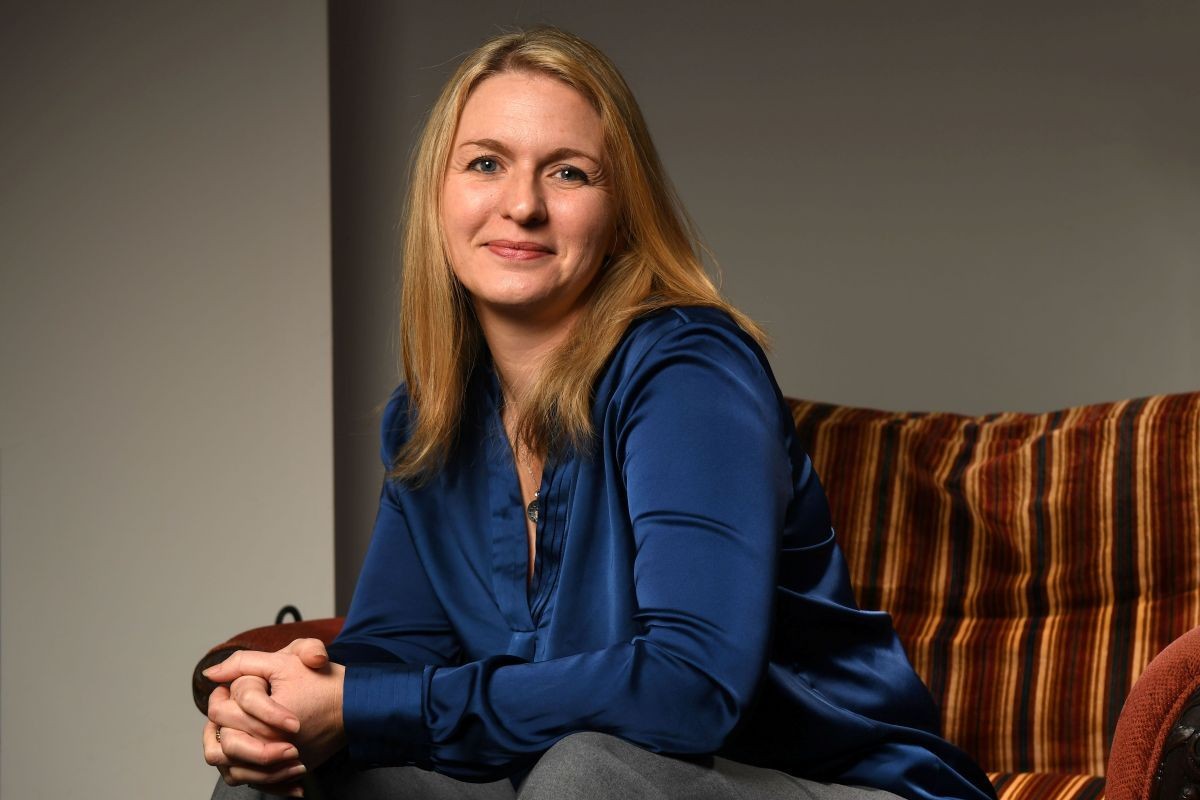
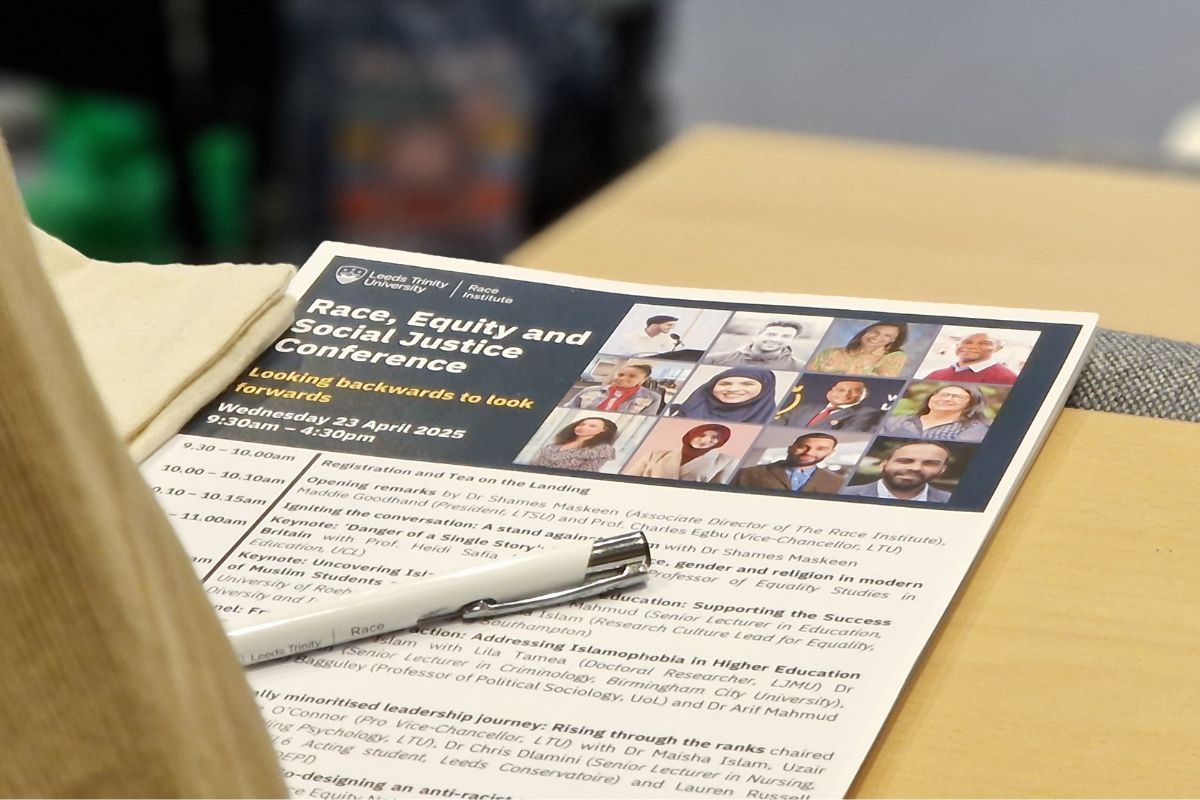

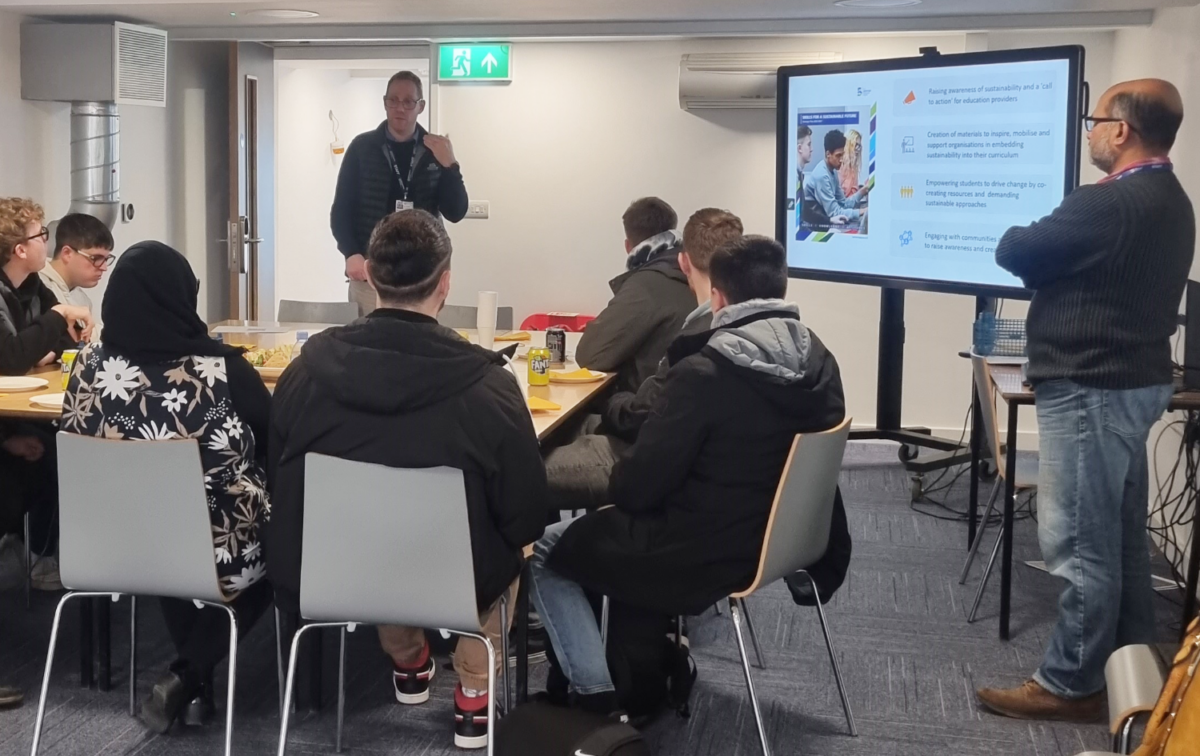


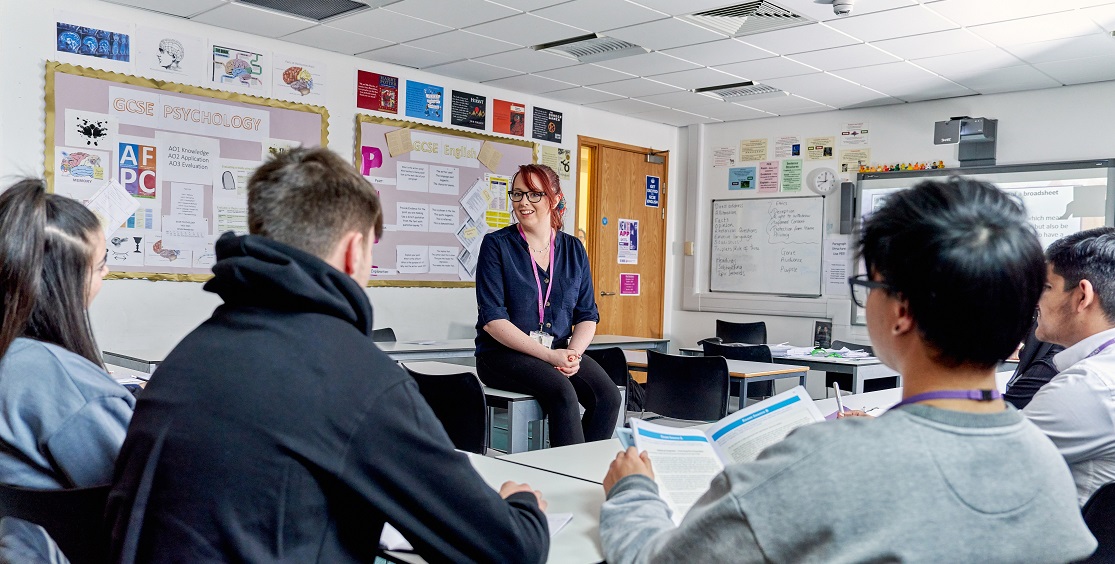

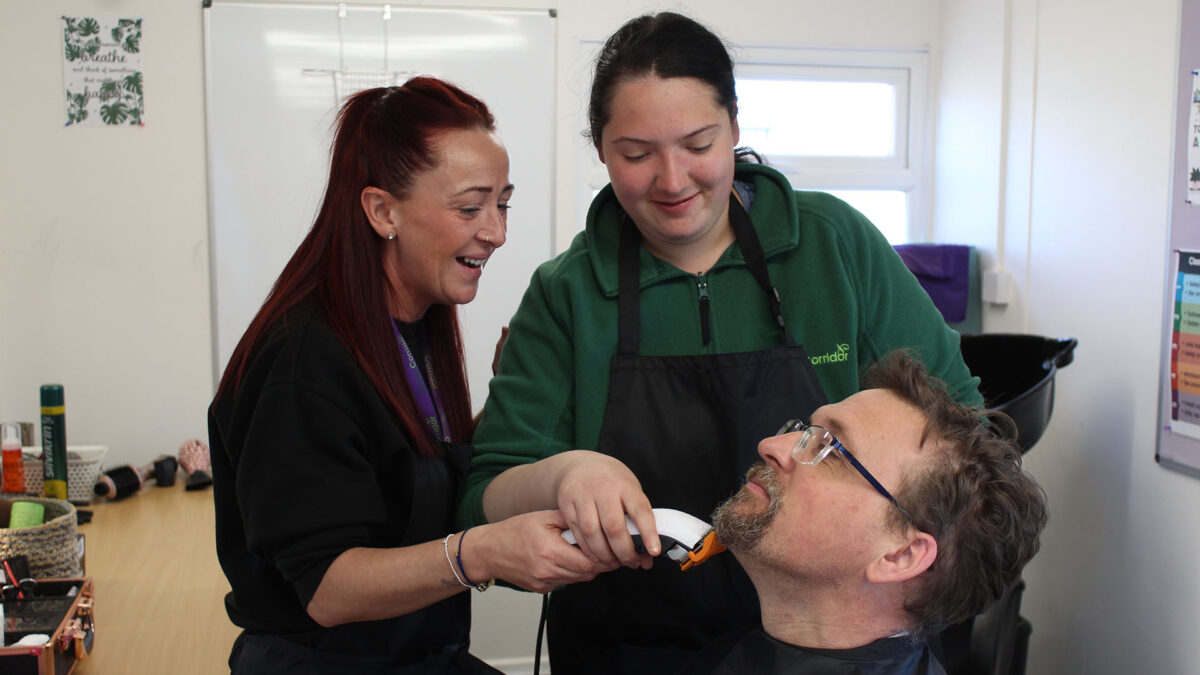

Responses